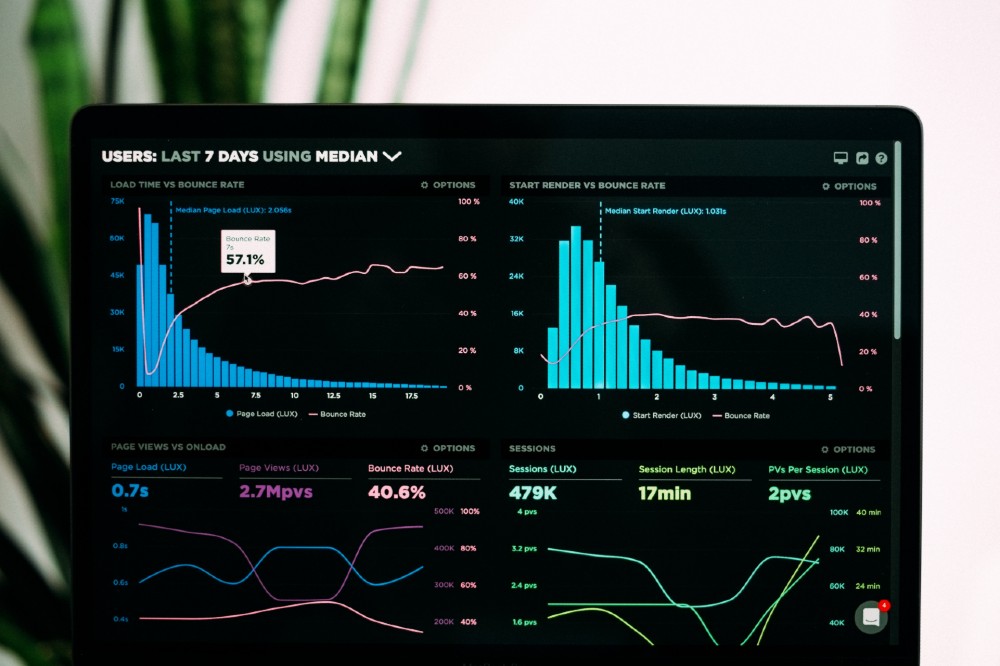Demo days are wearing out the entrepreneurial ecosystem
Demo days are traditionally a startup’s biggest milestone, a day prepared for after months of sacrifice and sleepless nights. On demo day, a startup is on stage in the bright light, unveiling their baby to potential investors, hoping their newborn will take its first steps toward making them proud parents. But the world of demo days has exploded, leading to fatigue in the startup ecosystem, wherein rather than leading up to a big day where the industry takes pause to peruse the new class of incoming innovators, there are so many demo days that they are becoming more like an exhausting train of events startups frequent, with even more exhausted investors.
Memphis-based venture development organization Start Co’s Co-president Eric Mathews is witnessing this fatigue first hand, noting that investors are being asked to participate in several dozen demo days each year, resulting the pipeline of quality deals flattening out, they’re being asked to view an increasing number of pitches, and founders expect visibility with serious investors which are becoming harder to source.
Mathews said, “Accelerators — the model of building startups quickly with concentrated resources and time — by most standards are still young, less than three years old with TechStars and Y-Combinator as early leaders before that. Demo Days at the end of accelerators started out as a way to match founders and investors efficiently, now must evolve or face losing value for both groups.”
Five ways the ecosystem is being burned out
Below are five of Mathews’ observations about why entrepreneurial ecosystems, not just investors, are experiencing demo day fatigue:
- Quantity not quality. Accelerators have grown into the hundreds nationwide, but the number of investors is about the same. Investors are burned out—for example, here in Tennessee most won’t even drive two hours to see teams, despite the option of having at least 10 Demo Days in-state each year. The net-net is that the quantity of Demo Days continues to increase, but the quality of the deals has not.
- Focus on idea-stage entrepreneurs. Any startup can make a polished pitch deck in 90 days, but practically none can go from back-of-napkin to investable in 90 days. Thus, Demo Days occur prematurely in the lifecycle of idea stage startups. Most startups aren’t prepared for meaningful investment discussions until at least six months after they start an accelerator, if that.
- Demo Days are about hype. Accelerator operators are in a Demo Day “arms race” with their Hollywood-quality production, signature drinks, parties, and after parties to “attract” attention from a dwindling investor audience. Investors now ignore the hype waiting to see if a founding team has the grit to last three to nine months after Demo Day before making a commitment to invest.
- Investors want to know the team. Repeated exposure to founders throughout the acceleration process is what keeps investors interested. That way, they can see the progress as it unfolds and therefore reduce risk. As a result of this shift, investors are now participating as mentors more and more before and after Demo Days – and with the ongoing mentoring relationship in place investors are skipping Demo Days all together.
- Demo Day isn’t the goal. Building a business, not Demo Day, is the goal of an accelerator. Demo Days shift the focus away from what is really important: building a successful business.
How demo days can evolve, improve
Mathews notes that accelerators should have culminating experiences at various milestones, and demo days should be one of those experiences, rather than the end result.
In Mathews’ words, below are several ways demo days can add value rather than fatigue:
- Change the name. Most startups aren’t ready for serious investment at this stage, so we shouldn’t call them investor days. Think of launching, engaging and activating around the accelerator. If you come up with a better name than Demo Day email or comment below.
- Change the focus. Demo Days are really for the ecosystems around the startups, not just for the startups. The event should be a place for service providers, supporters, prior and new investors, mentors, interested parties, and friends and family to experience the entrepreneurial culture, understand the milestone the founders have achieved, and understand the next stops on their journey.
- It’s the start, not finish, line. The event should be about showcasing the teams and allowing them to get feedback so they can strengthen their business offering. The experience will be one of many stops on the long journey for the founders to grow and refine their product or service offering.
- Tap into alumni networks. With most accelerators completing their 2nd and 3rd cohorts this year, those who previously went through the program can be role models and remind founders that hard work and persistence can result in success, but also note that failures are often part of the journey. These alumni/founder connections can lead to mentor relationships as well as job matching in the future.
- Accelerate community activation. For Demo Days that are happening in the fly over-zone of the United States (which is a lot of them) where investor concentrations are lower, they can be helpful to activate the community, recruit more talent and mentors, and help uncover more resources. Think of ways to engage these groups and include programmatic elements for them.
- Cull the herd. Demo events can serve as a method to concentrate an accelerator’s limited resources on the founders that are ready to take the next entrepreneurial steps on their journey. Conversely, those that are off track can be guided back to the drawing board or take a different path without using up post-accelerator support resources wastefully.
Lani is the COO and News Director at The American Genius, has co-authored a book, co-founded BASHH, Austin Digital Jobs, Remote Digital Jobs, and is a seasoned business writer and editorialist with a penchant for the irreverent.









































